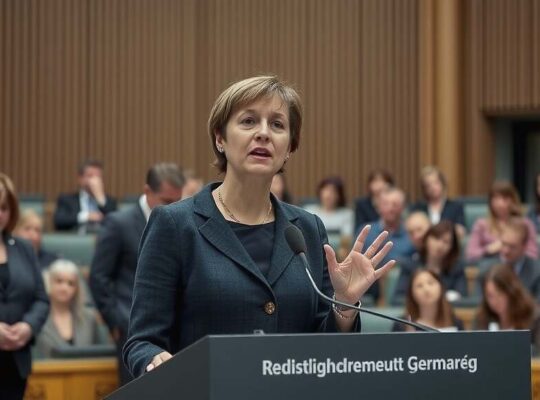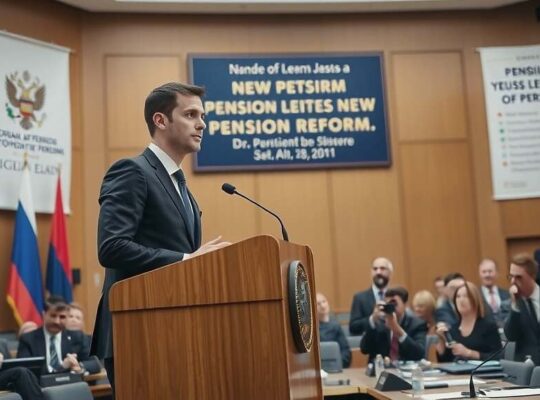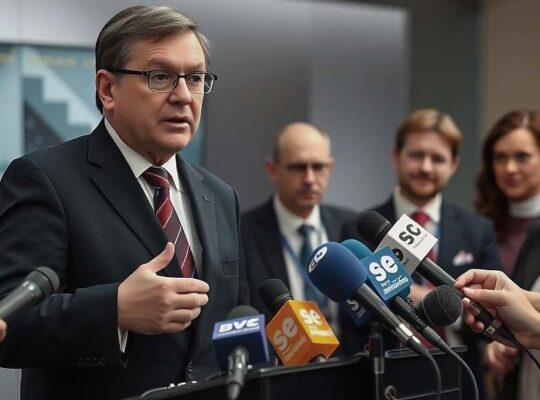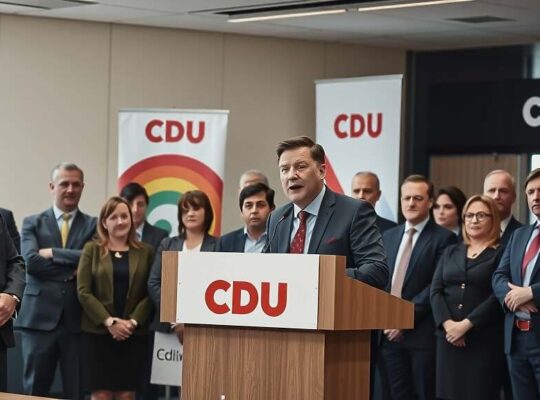A simmering dispute within Germany’s ruling coalition is intensifying over the future of heating subsidies, with a prominent energy economist lending crucial support to calls for a significant reduction in government support for heat pumps. Manuel Frondel, an energy expert at the RWI – Leibniz Institute for Economic Research, has voiced concerns that the current subsidy structure is counterproductive and fiscally unsustainable, aligning him with the demands of the CSU and CDU factions within the government.
The debate centers on the substantial financial incentives offered to homeowners transitioning to heat pump technology, a cornerstone of Germany’s ambitious climate goals. While the SPD, championed by Environment Minister Carsten Schneider, advocates for maintaining the existing funding levels, Frondel argues that the sheer volume of subsidies is artificially inflating the market price of heat pumps, ultimately harming consumers. He contends that the reliance on a “special fund” to finance these subsidies highlights the looming scarcity of resources and the impracticality of perpetual handouts.
“The immense height of the subsidy per heat pump ensures that the prices are significantly higher than they would be without any subsidy” Frondel stated in an interview with the “Rheinische Post”. This observation directly challenges the assumptions underpinning the current policy, suggesting that the subsidies themselves are inadvertently contributing to the financial burden on taxpayers and hindering the market’s natural efficiency.
Frondel proposes a phased reduction of subsidies, rather than an abrupt cessation, to mitigate potential disruptions to the ongoing energy transition. He underscores the potential for a rising carbon price to compensate for the decreased subsidies, maintaining consumer interest in heat pumps through market-driven incentives. This approach attempts to balance the need for fiscal responsibility with the ongoing imperative to decarbonize the heating sector.
The conflict highlights a growing tension between the coalition partners, with CSU leader Markus Söder and Economics Minister Katheine Reiche echoing Frondel’s critique. The diverging opinions raise crucial questions about the design and long-term viability of Germany’s climate policies and whether the current subsidy-heavy model is genuinely fostering a sustainable and equitable transition for German citizens. The resolution of this internal squabble will likely shape the future direction of Germany’s climate action and its fiscal responsibilities.












